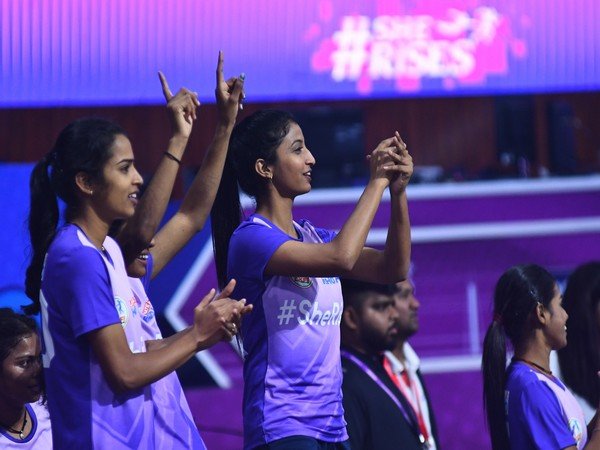In India, Kho Kho-a native game hitherto played in dusty streets-is realizing its silent, full-of-wonder moment of transformation. For 25-year-old Nirmala Bhati, a key member of the Indian Kho Kho contingent, the sport is much more than a game she played as a child; it has grown into a world stage where tradition meets up with modern sports science.
Nirmala of Rajasthan has been associated with Kho Kho all her life. She remembers how, as a kid, the game was a popular time passer in her neighborhood. “Whenever we children gathered to play, I always opted for Kho Kho,” shared Nirmala. Little did she know that this very street game would take her from playing in open spaces to representing India on the world stage.
But her journey has not been so easy. Gone are those days when this game wasn’t recognized and was pretty much ignored in terms of building infrastructure. Hence making it hard for the players to even envision any kind of future in the sport. “There came a time when it seemed as though there would be nothing to choose as a career in this sport,” admits Nirmala. “I even considered quitting.” Indeed, many such players who have gone through doubts over continuing with the sport were few.
But all of that started to change in 2017 when a new administration took over at the Federation of India. The new dispensation brought new vigor and professionalism into the sport. For the first time, scientific training was introduced alongside better facilities. “We learned so much about sports science. It wasn’t just about running anymore,” Nirmala says. “The focus now shifted to overall fitness, nutrition, and injury prevention.”
A camp held at Manav Rachna University proved to be the turning point, as it exposed the players to modern sports techniques and methodologies. “We used to focus only on running,” she recalls. “But at the camp, they set routines, conducted tests, and helped us identify weaknesses. We learned about calorie intake, diet, and exercises that made us better athletes.” This camp changed it all for her and most of the players. Sans this, Nirmala says, they wouldn’t have made the improvements that helped them shine in the field.
India is all set to host its maiden World Cup later this year. For Nirmala, it will be a dream come true. “The entire world will watch it,” she says proudly. That it is in the global limelight brings not only excitement. But a sense of accomplishment for players like Nirmala, who have worked so hard to bring the sport to the forefront.
This is perhaps the reason why Kho Kho, with its mesh of traditional skills. And modern sports science, is entering an altogether new phase. Nirmala, no longer a player but a scientific, trained professional. Strikes a balance between the rich heritage of this game and state-of-the-art techniques. As for the upcoming athletes, Nirmala said, “We just need to adopt it. After that, the federation will adopt you.”
Her words are reminiscent of the emergence of the game, as well as the facilitation provided to the players. It is a game that draws heavily from the past for its roots. But opens up many newer avenues than just game victories. For Nirmala and many like her, it serves as a vehicle of personal transformation from the streets to the world stage.
While competition is one aspect, the transformation of this game as Indian players gear up for the world stage is all about changing lives, dissolving barriers, and setting an example of excellence anew. Nirmala Bhati’s journey epitomizes this growth of Kho Kho into a symbol of India’s rich cultural legacy and its future successful saga.
ANI
